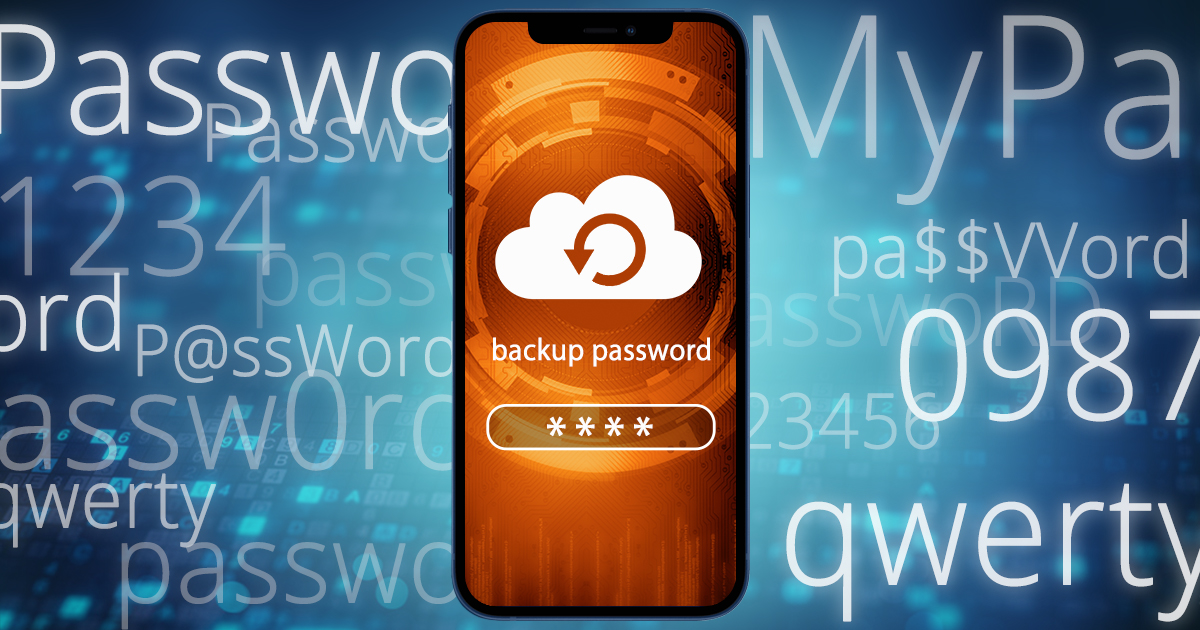If you follow industry news, you already know about the release of iOS 9. You may also know that iOS 9 is the toughest one to break, with no jailbreak available now or in foreseeable future. With no jailbreak and no physical acquisition available for newer devices, what methods can you still use to obtain evidence from passcode-locked devices? Our answer to this is Elcomsoft Phone Breaker 5.0 that adds over-the-air acquisition support for iOS 9.
I know most computer gurus and pros never read through program manuals or help files and prefer to learn everything using proverbial method of trial and error. Does this sound like you? Of course. Exceptions are very seldom. So, here’s something nice that will save your time and help your experience with Elcomsoft Wireless Security Auditor (EWSA).
We runned yet another Password Usage Bahaviour survey on our Web site and gthered statistically significant data, reflected in the following charts. And the main conclusion was that most people working with sensitive information want stricter security policies but rarely bother changing default passwords.
SANS Information Security Reading Room has recently publicized a whitepaper about iOS security where they mentioned our software – Elcomsoft iOS Forensic Toolkit – in a section about encryption. Kiel Thomas, the author of the whitepaper, explained one more time the main principles of iOS 4 encryption, which became stronger in comparison with iOS 3.x and how our toolkit can bypass new strong algorithms.
ElcomSoft had a great time overseas in the US, first at Techno Security Conference in Myrtle Beach, SC and later at AMD Fusion Developer Summit in Bellevue, WA. So it happened to be quite a long visit to the US full of preparations, talks, meetings, new acquaintances, parties and positive emotions (sun and ocean did their work).
In my previous post I suggested several variants of computer security translated by different laws. Now I’d like to get to ciphers…again viewed by law.
Most laws define security obligations as reasonable, appropriate, suitable, necessary, adequate etc. without giving more precise directives to follow. Is it good or bad? And what should be known about these standards?


